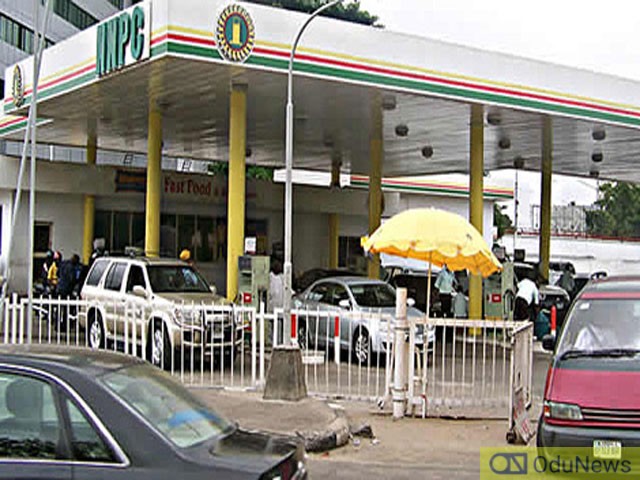
The Nigerian National Petroleum Company Limited (NNPC) announced that fuel stations will operate longer hours to improve the supply and distribution of petrol amid the current shortages. This decision aims to alleviate the tight fuel situation affecting various parts of the country.
Dapo Segun, Executive Vice President, Downstream, NNPC Ltd, described this initiative on Monday in Abuja during a joint inspection with officials from the Nigerian Midstream and Downstream Petroleum Regulatory Authority (NMDPRA). Segun noted that the turnaround period for trucking Premium Motor Spirit (PMS) has been extended to ease the distribution challenges.
The joint inspection and monitoring efforts in the Federal Capital Territory (FCT) and across the country aim to reduce fuel queues that have emerged due to disruptions in the ship-to-ship transfer of fuel caused by recent thunderstorms. These adverse weather conditions have impacted the berthing at jetties, truck load-outs, and the transportation of products to filling stations.
Segun explained that the ship-to-shore discharge of PMS, a volatile liquid, had to be halted during thunderstorms for safety reasons. This suspension also affected truck loading at depots. Additionally, poor road conditions exacerbated by rains and flooding have further complicated fuel distribution.
To mitigate these issues, NNPC is mobilizing trucks to ensure continuous loading and distribution throughout the weekend. Fuel stations are encouraged to operate for longer hours, and marketers are urged to collaborate and share stocks to enhance circulation.
Ogbugo Ukoha, Executive Director of Distribution Systems, Storage, and Retailing Infrastructure at NMDPRA, addressed concerns about hoarding and black market activities, assuring that officials are actively monitoring stations and depots to prevent such practices. He also confirmed that there are no plans to increase fuel pump prices.
Ukoha emphasized the authority’s efforts to regulate national strategic stock and operationalize the framework to stabilize both supply and prices. The inspection team visited several fuel stations in the FCT, confirming adequate stock availability and accurate pump dispensing.
Motorists expressed mixed feelings about the situation, with some experiencing long wait times while others encountered shorter queues. The government is urged to find lasting solutions to the recurring fuel shortages.


Comments are closed.